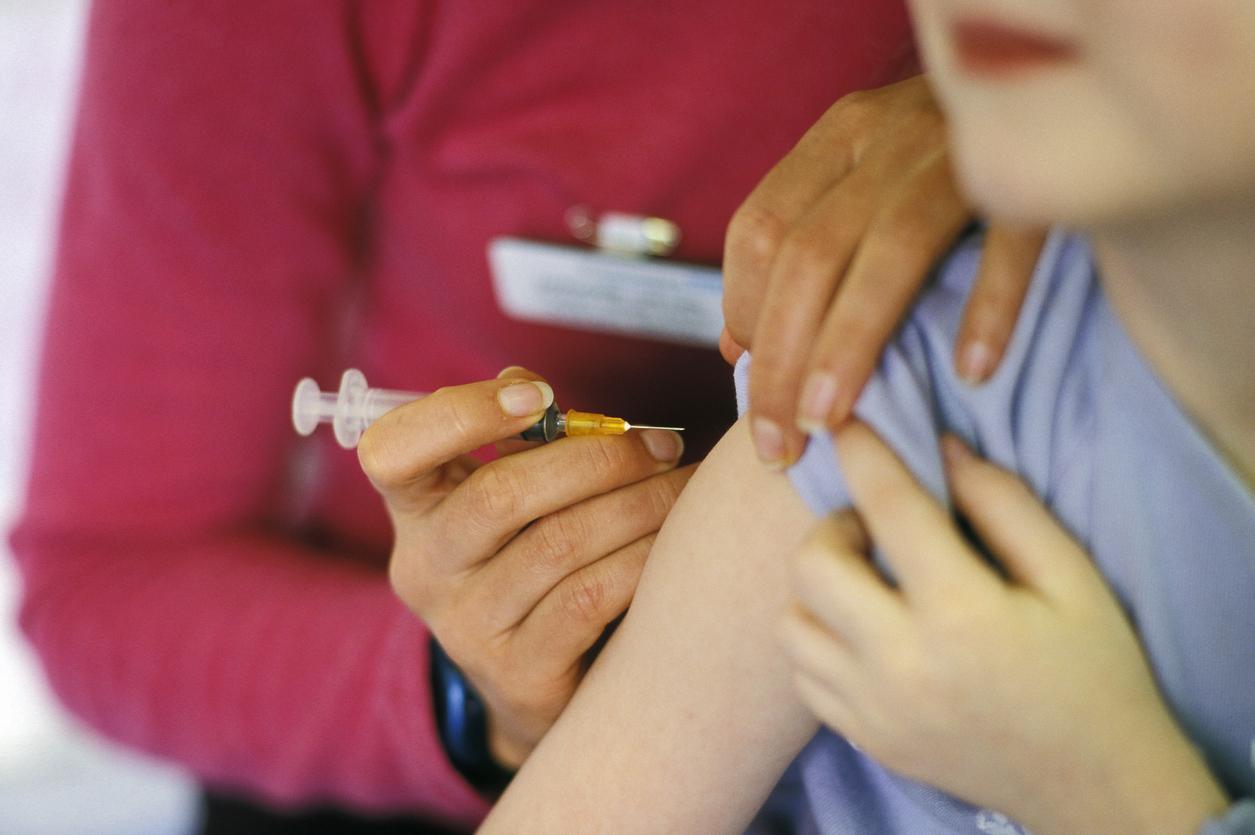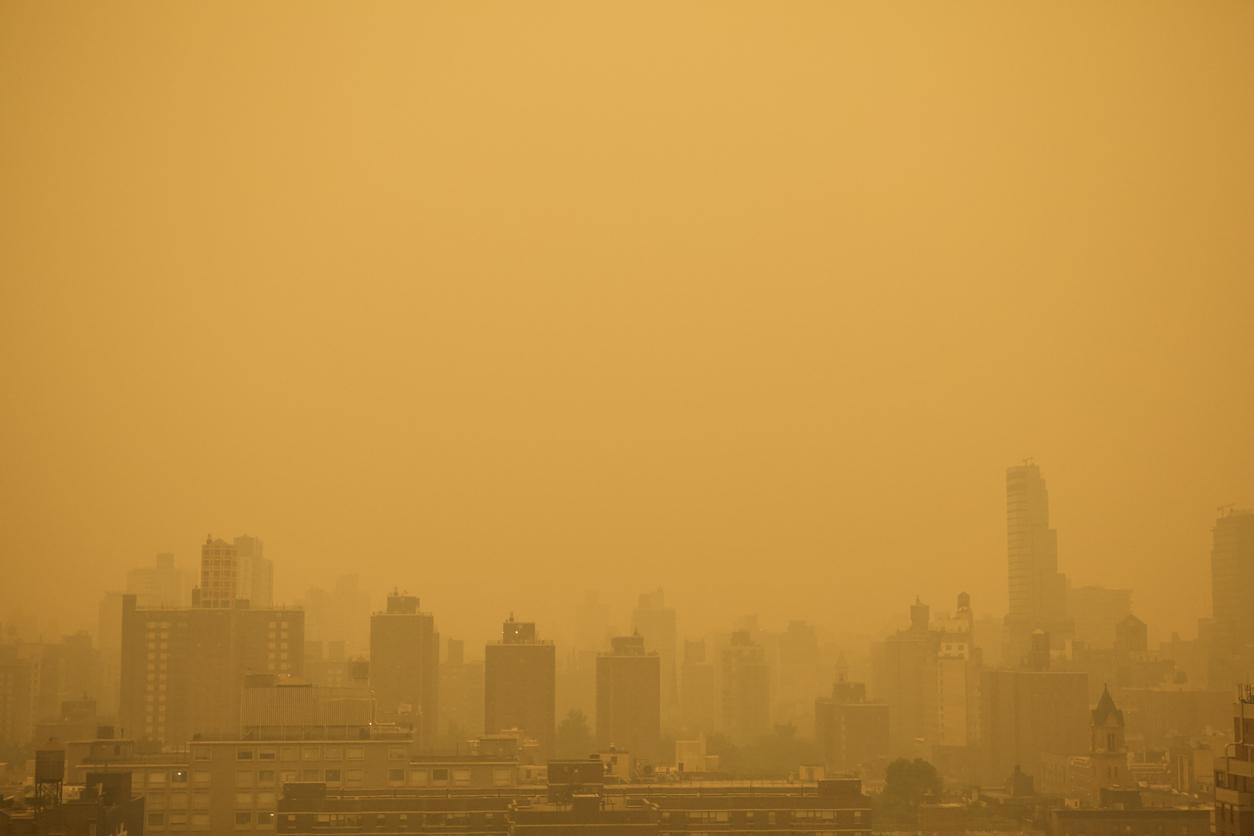Due to air pollution, the increase in ultraviolet rays in the atmosphere and the fallout of toxic products in water and food, the occurrence of lung, skin and gastrointestinal cancers could explode by 2050.
-1604660468.jpg)
- Air and water pollution and ultraviolet rays will accelerate lung, skin and bowel cancers by 2050.
- If we don’t change anything, a whole section of the world’s population will be affected by cancer, the biggest cause of death of the century.
- Other consequences of global warming will also push 100 million people back into poverty by 2030, according to World Bank forecasts
The 2050 horizon does not look bright for the human species. With global warming and the acceleration of human activities responsible for air and ocean pollution, as well as greenhouse gases, we will suffer many more cancers in the future. In a report published in the November issue of the journal The Lancet Oncologyresearchers from the University of San Francisco (United States) warn of the increase in cancers in the population by 2050.
By analyzing and compiling 94 scientific publications on the subject, the researchers provide an overview of the consequences of global warming on our organism. Unsurprisingly, cancer is expected to be the leading cause of death in the 21stand century. Worldwide, 24.5 million new cases of cancer and 9.6 million deaths were reported in 2017. By way of comparison, 12.7 million new cases of cancer and 7.6 million deaths were recorded at globally in 2008.
Health systems not necessarily up to scratch
According to the authors, the main culprits of this explosion of cancers are atmospheric pollution, exposure to ultraviolet radiation and toxins produced by industries that are found in food and that are discharged into waterways.
“In the global battle to mitigate climate change, the international community is not on track to slow greenhouse gas emissions”, say the authors.
Lung cancer alone, already the deadliest in the world, should see its occurrence increase by 15% due to the growing exposure of the population to air pollution and fine particles.
One of the concerns expressed by the authors of the report, is played out in the detection and care given to these cancers. With the Covid-19 pandemic, researchers realized that health systems around the world were very unequal, while being quickly overwhelmed. Their concern is based on the health care needed to diagnose, treat and cure cancers in time.
A rise in poverty
Finally, other deleterious effects of global warming, not necessarily linked to cancer, are highlighted in the report. Among them, the authors cite the increase in temperature, which will affect rainfall, especially in tropical and humid areas, which will increase the spread of vector-borne diseases, such as malaria and dengue fever. “Extreme weather events cause death, injury, displacement and disrupt health care delivery”, insist the authors of the report.
Due to changing weather conditions, social and economic inequalities will increase, as will the waves of migration due to the massive exodus of populations who can no longer live where they were settled. They end their report with a figure from the World Bank; by 2030, climate change could push 100 million people worldwide back into poverty.
A note of hope nevertheless emerges from the report, based on the drastic drop in pollution caused by humans during the coronavirus pandemic. “The early response to the pandemic resulted in a striking reduction in air pollution, showing the potential for extreme measures to bring about rapid environmental change. So there is a lot we can do to mitigate climate change and the effects on cancer.”

















